Redistribute Wealth Now
Oct. 30, 2014 - Written By: Erik de Buhr, Edited By: Guy Maynard
Most readers of this little newsletter are quite familiar with the broadening economic gap between the rich and the poor. At this point it seems like an inevitable reality that we must live with until the natural resources that make it possible for individuals and corporations to hoard gobs of money finally dry up and leave behind a world barely habitable. Of course, this is the grimmest scenario possible, and if anyone has a more positive outlook, please enlighten me.
Despite all that seems wrong in the world, CSS is gearing up for our 2nd annual month-long fundraising campaign. Last year we raised a bit over $15,000 to, primarily, construct more Conestoga Huts. This year our lofty goal has doubled to $30,000. This amount will enable us to build more Conestoga Huts and to continue to serve the individuals in our Safe Spot camps. These people living so close to the very bottom of society come from many different circumstances. Some have been camping illegally for years and now have a place where they can reach levels of stability not obtainable when sleeping illegally. Many of the folks in CSS camps are waiting on desperately needed social services and financial assistance and many have had several life crises combine to culminate in a perfect storm to bring them down lower than they ever thought possible. It is eye opening to get in touch with these stories because it shows the overall fragility of the American way of life.
So how is it that our American life creates so much poverty? Not only material poverty for a few (though even the poorest of our population has access to more food and material goods than most other ‘poor’ people around the world), but also spiritual poverty, which must be at an all-time high in America today! The latter form of poverty spreads across many demographic groups, from people who have houses to those who do not. Could it be that all our abundance blinds us to other forms of happiness that we could strive for?
Many years ago I worked in the stockroom of a Sears department store. After about ten months I needed a change of task so I moved to the sales floor, not exactly knowing my own values at the time. One day, after two weeks of training, I unintentionally sold a guy a treadmill. I say “unintentionally” because during the sale I did try to talk him out of buying it. He actually sold himself on the idea that it would make him happier and that he needed it. He purchased the treadmill with a credit card. I left with a heavy conscience that day for being partly responsible for putting more debt into a person’s life. The next day I put in my notice because I had learned I was unfit for the task of meeting a quota based on selling people material things they really don’t need.
A multitude of forces in a capitalistic society pressure people into consuming more and more, so I will spend this time pressuring you, the few who read this, into giving away things that you think you cannot live without or maybe just the things that you don’t use anymore. I have no hesitation now to pressure you to downsize your life to help your fellows. Here’s what I am aiming to “sell” you: that you—yes you—probably don’t need everything you have. Donating something to CSS not only helps us continue providing others in our community a stable place to be and some basic structure to their lives, it will help you feel better and lighter because it’s one less material item you have to be concerned with. And the item that you give up may bring somebody else joy for a day or two, or hopefully longer—and prevent them from having to get the quick fix of consumerism from Walmart or Target, therefore not giving just a little bit more to some of the greediest in the world.
It’s such a little step, I know. It’s not going to save the world or the environment or bring justice to all the poor. But it is redistributing wealth in the form of material goods to assist some of the poorest people in our own community. And remember, I am not talking only about getting rid of the things you don’t need and were going to donate anyway. I am also talking about letting go of things that you feel an attachment to. That’s key because sometimes attachments to material things can restrict, rather than bring, the happiness and satisfaction that we seek in our own lives. That’s one thing that we can control in the troubling situation around us: our own attachments to things and the habits we’ve collected through living in a consumer society. This is a great opportunity for you to find some personal satisfaction and to help out people in need with some of the basic necessities of life.
News & Events
To stay connected and learn about upcoming events, subscribe to our quarterly newsletter.
If you are a member of the media who is seeking information or would like to request an interview, contact community@cssoregon.org.
February 2025
27
28
29
30
31
1
2
3
4
5
6
7
8
9
10
11
12
13
14
15
16
17
18
19
20
21
22
23
24
25
26
27
28
1
2
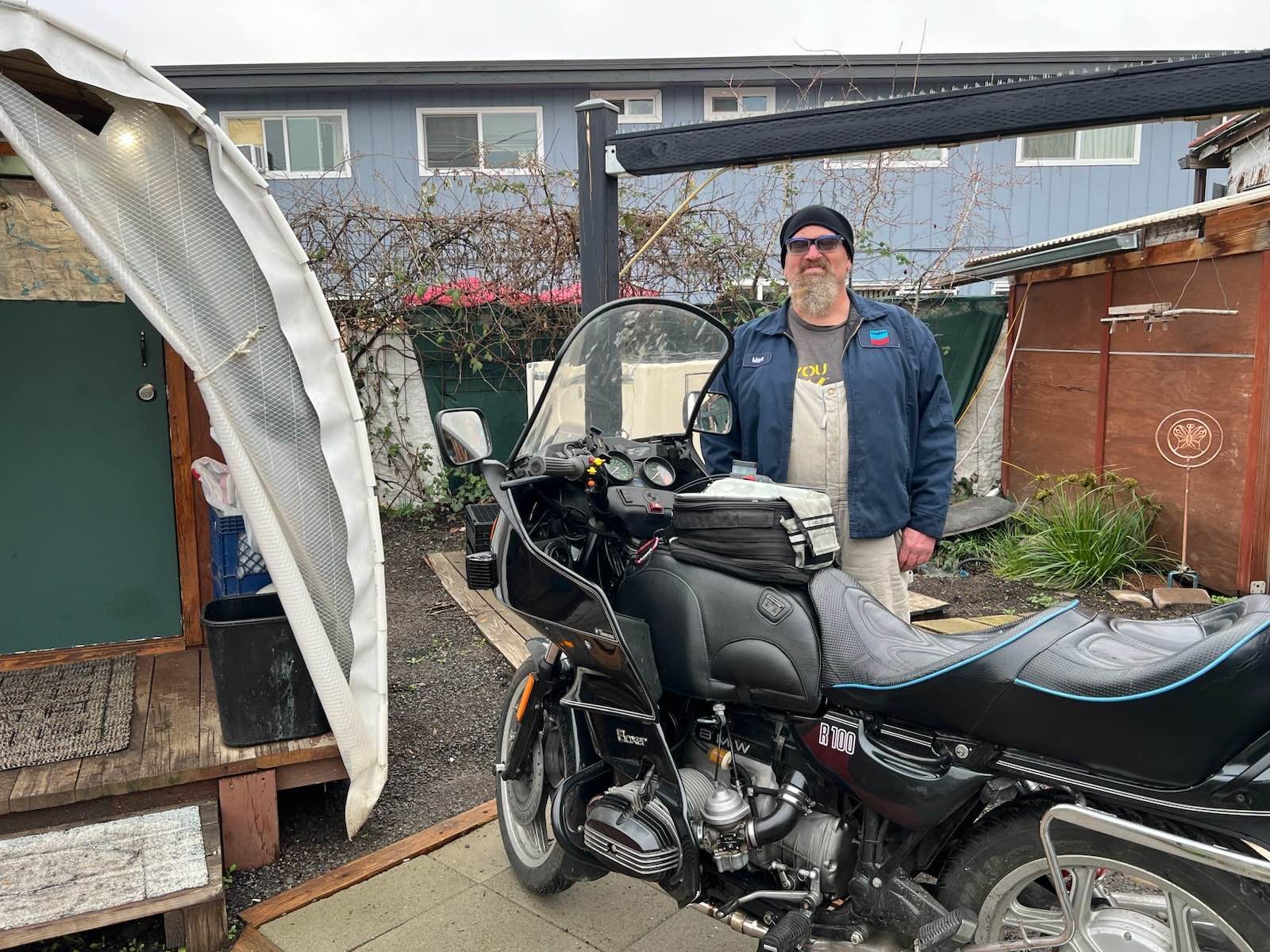
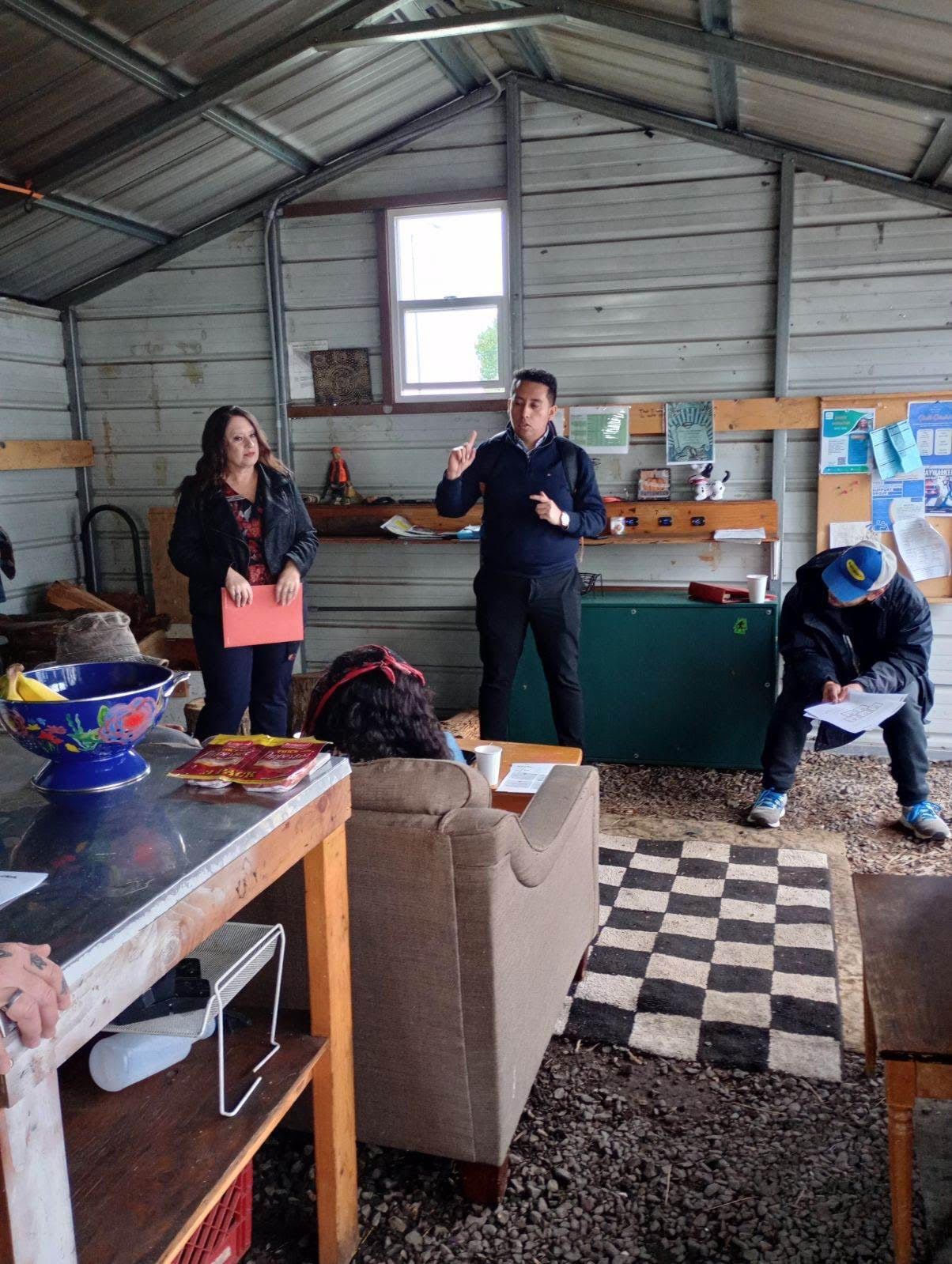
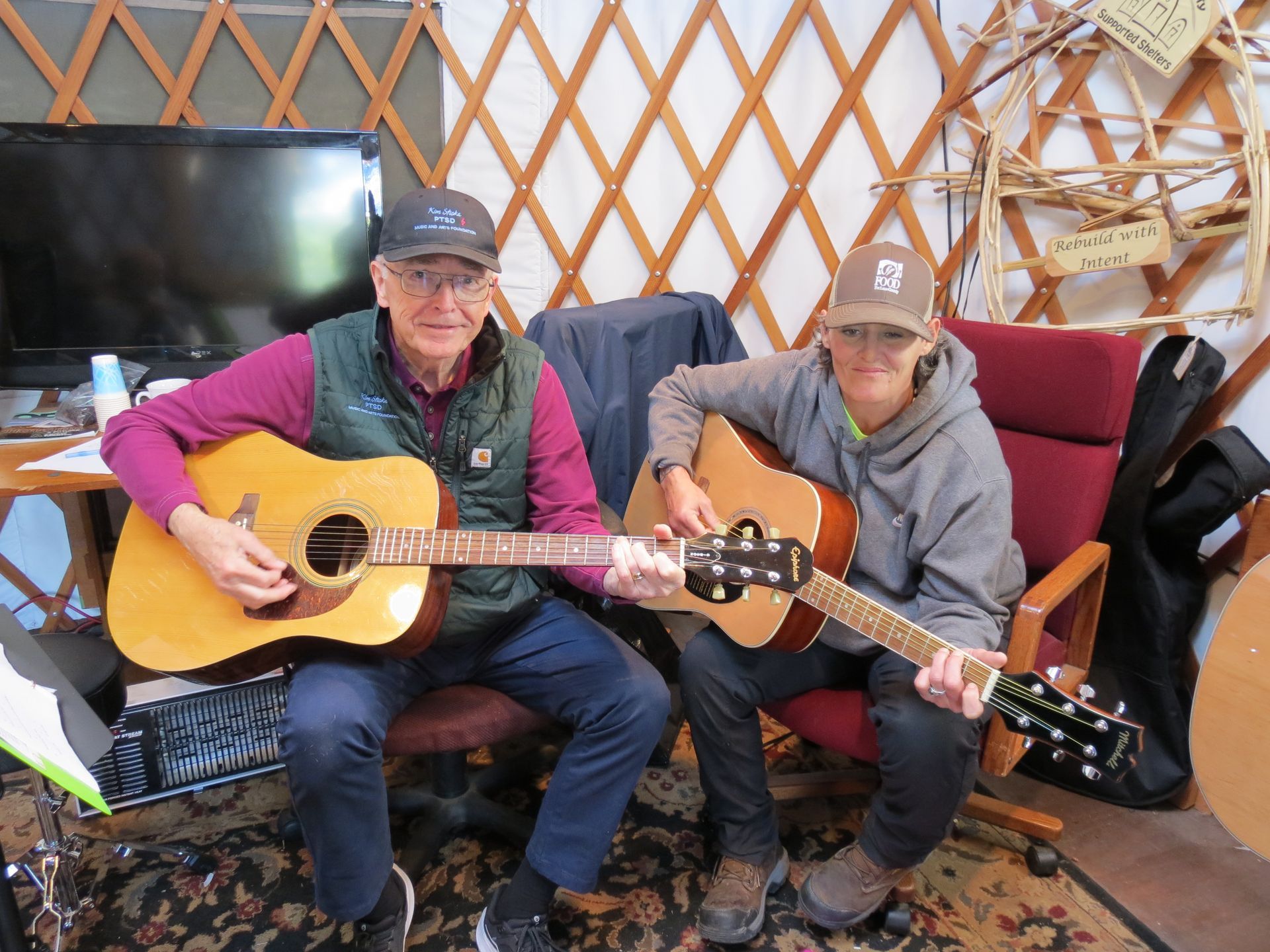
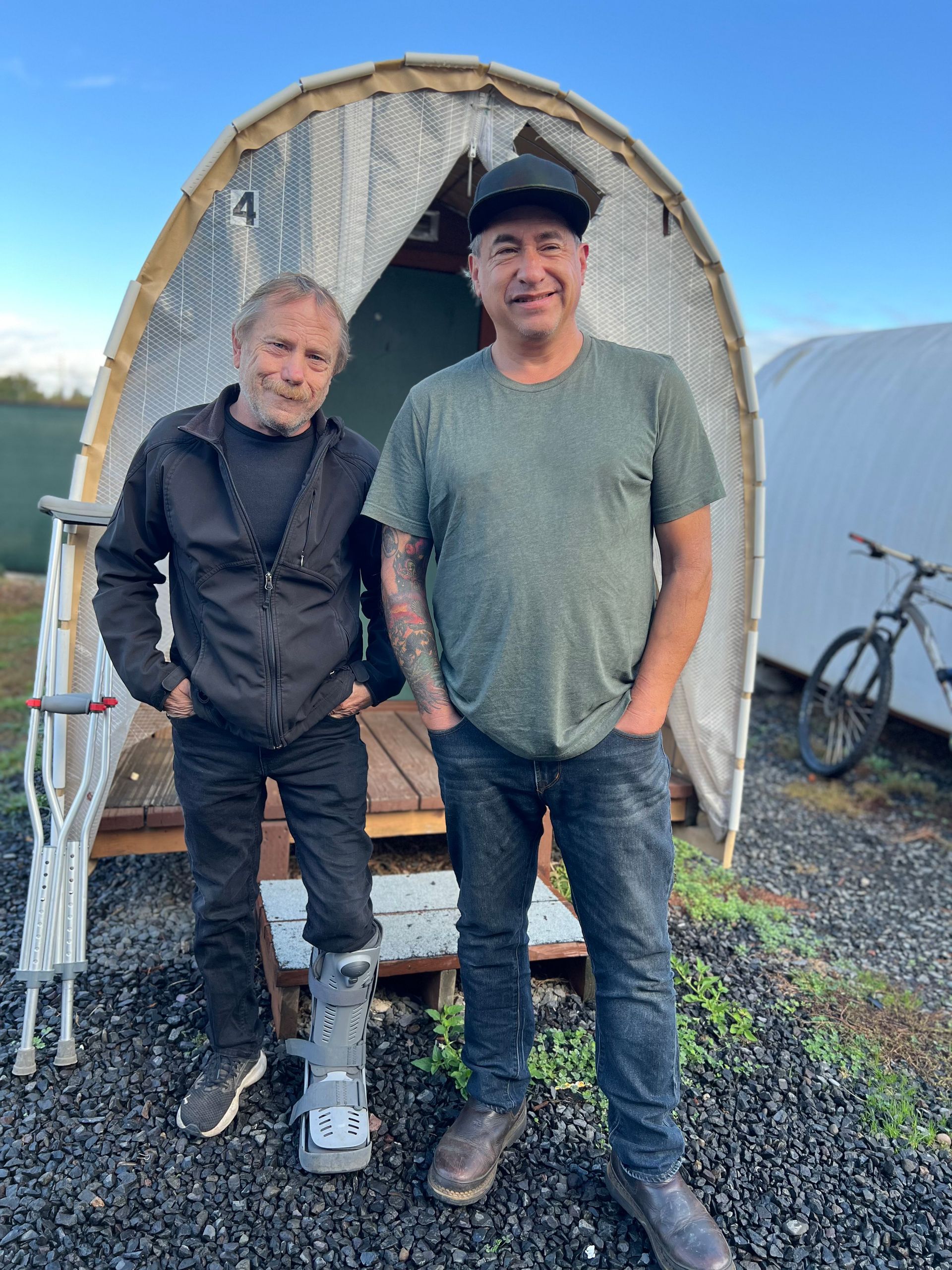
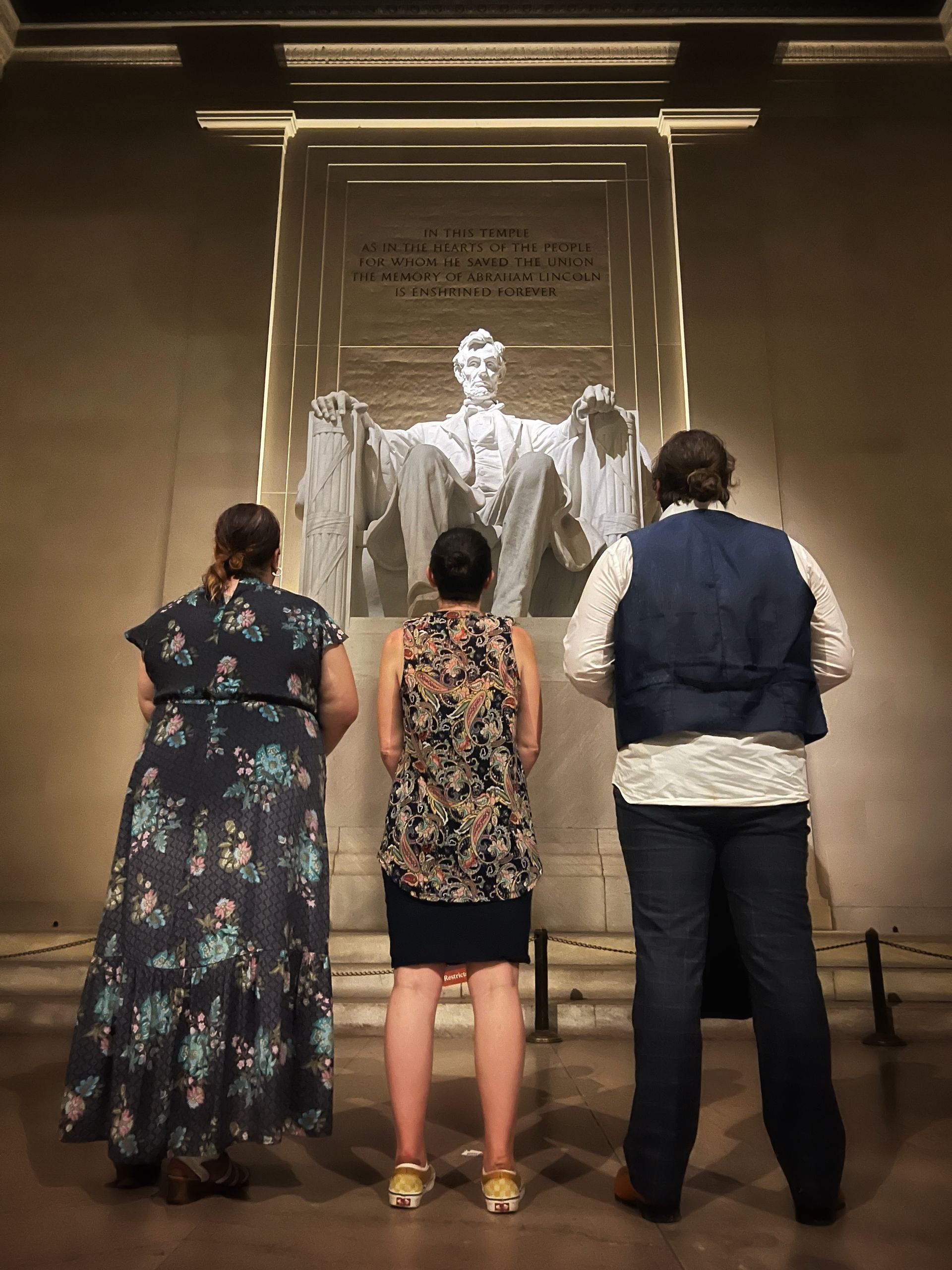


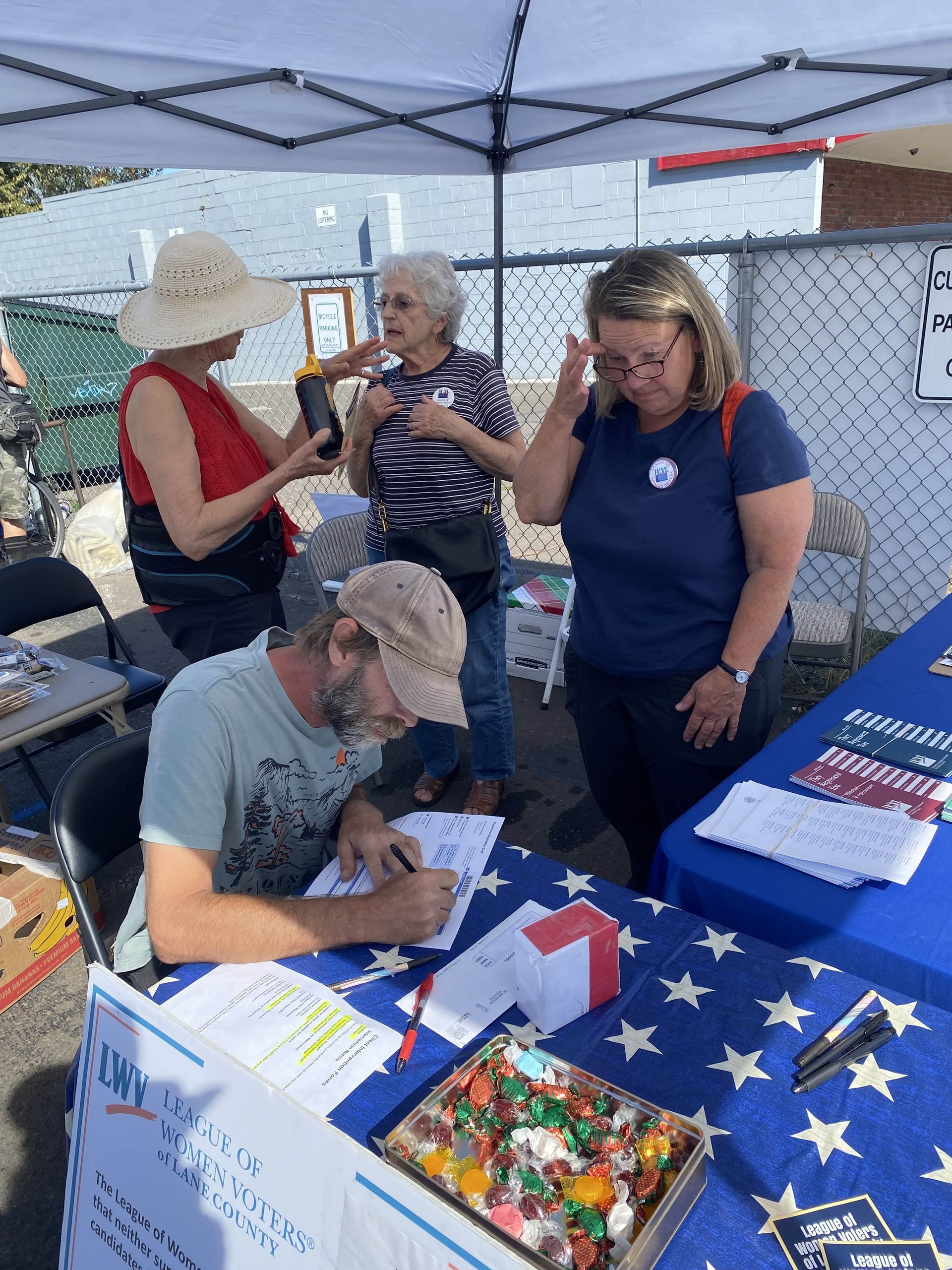
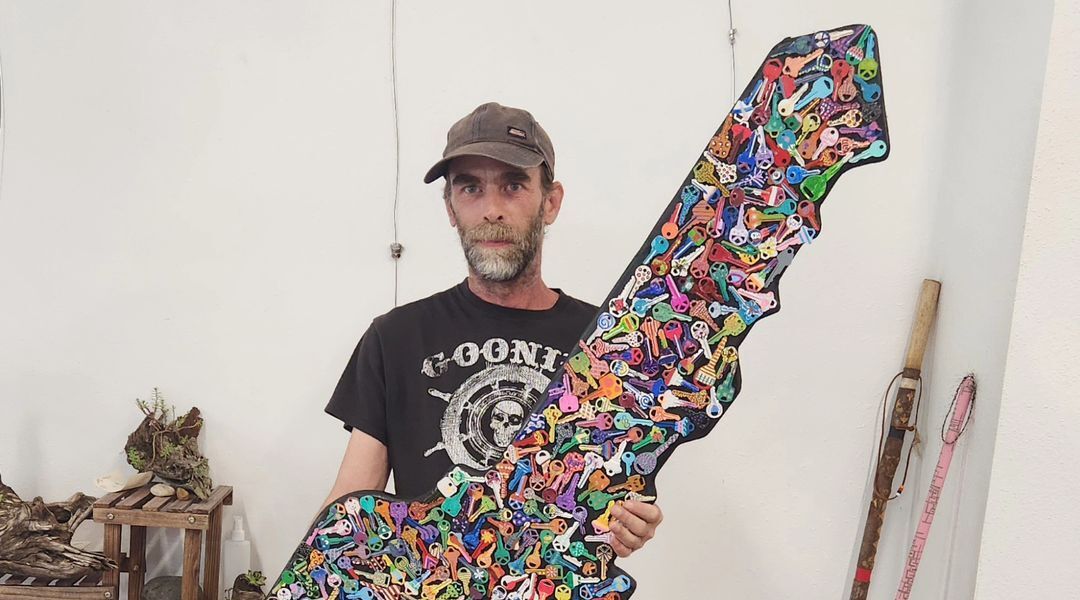

Community Supported Shelters
1160 Grant Street
Eugene, OR 97402
Public Office Hours:
Tue-Fri, 1-4 p.m.
Finance and Tax Information
We are a 501(c)(3) organization, and you may take a tax deduction to the full extent allowed by law for your contribution to us.
(EIN#: 46-2377054)
Newsletter
To stay connected to CSS and learn about upcoming events, subscribe to our quarterly newsletter.
All Rights Reserved | Community Supported Shelters | This site is powered by Neon One







